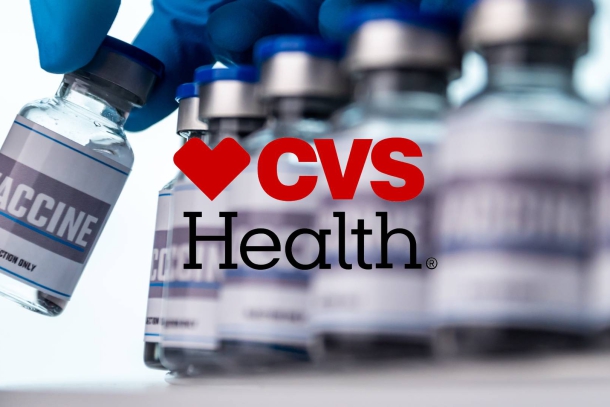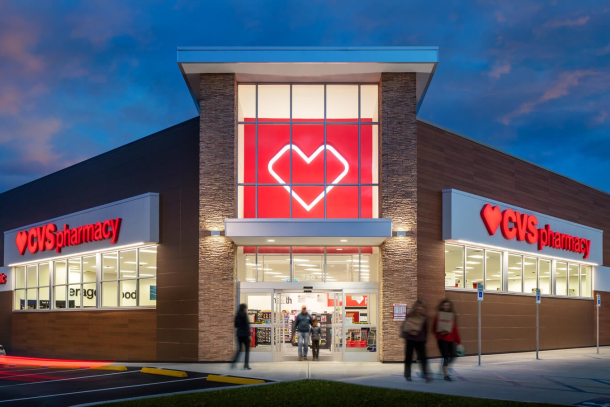CVS Pharmacy has recognized the critical importance of leveraging automated systems to deliver high-cost, life-saving medications, especially for cancer treatments, to patients all across the United States. By implementing sophisticated automation technologies, CVS has been able to streamline the delivery process, ensuring timely access to essential medications for patients who need them the most. This automation not only improves efficiency and reduces operational costs but also enhances patient outcomes by ensuring that treatments are delivered on time and without disruption.
The delivery of high-cost cancer medications presents unique challenges due to the sensitive nature of the drugs, the need for strict regulatory compliance, and the importance of maintaining a secure and reliable supply chain. Automated systems enable CVS Pharmacy to address these challenges by providing precise tracking, reducing human error, and ensuring that medications are delivered under the correct conditions to the right patients, in accordance with strict healthcare guidelines.
The Role of Automation in Cancer Medication Delivery:
- Timely and Accurate Deliveries: Automated systems ensure that prescriptions are filled and shipped promptly, minimizing delays that could affect treatment schedules and patient health.
- Cost Efficiency: High-cost cancer treatments require careful management of inventory, pricing, and insurance coverage. Automation helps CVS Pharmacy optimize these aspects, reducing waste and improving cost predictability.
- Regulatory Compliance: Automation ensures that every step in the medication delivery process complies with both federal and state regulations, from tracking and reporting to handling sensitive and high-value drugs.
- Real-Time Tracking: Patients and healthcare providers can track the status of their medication deliveries in real-time, improving transparency and providing peace of mind.
My Role in Software Development at CVS Pharmacy:
As a Full-Stack Developer at CVS Pharmacy’s headquarters in Monroeville, Pennsylvania, I had the opportunity to contribute to a large-scale project aimed at enhancing the automation of high-cost medication delivery for cancer treatments. This initiative was part of CVS Pharmacy’s broader commitment to improving patient care and streamlining pharmaceutical operations across the U.S. I was part of a cross-functional team of nearly 100 collaborators, including developers, business analysts, and healthcare professionals, all working toward a common goal of revolutionizing the pharmacy’s delivery system through automation.
My primary role in this project was to help develop and optimize key components of the system, using a combination of Angular, Java Spring Boot, and Oracle SQL.
The automated delivery system that I helped develop provided significant improvements in both efficiency and accuracy in the delivery of cancer medications. By automating key processes, we were able to reduce human error, ensure timely deliveries, and enhance patient satisfaction with CVS Pharmacy’s services.
Below are the ways I contributed:
- Frontend Development with Angular: I was responsible for creating and maintaining the user interface (UI) components of the automated delivery system. Using Angular, I developed responsive, user-friendly applications that allowed both pharmacy administrators and patients to track medications, view delivery status, and receive updates on their treatments. This required integrating real-time data, managing dynamic content, and ensuring smooth interactions across various devices.
- Backend Development with Java Spring Boot: On the backend, I worked with Java Spring Boot to build and maintain the API services that powered the delivery system. This involved creating scalable microservices to handle critical tasks such as order processing, inventory management, payment verification, and medication tracking. I also implemented complex business logic to ensure the system could accommodate the specific requirements of high-cost cancer medications, such as special shipping conditions or insurance verification.
- Database Management with Oracle SQL: As part of the development team, I played an important role in designing and managing Oracle SQL databases that stored sensitive data, including patient information, medication orders, and delivery statuses. I worked on creating efficient queries, ensuring data integrity, and optimizing database performance for high-volume transactions. This was particularly important for ensuring that the automated system could handle the demands of delivering cancer treatments to a large number of patients across the country.
- Collaboration and Agile Development: I collaborated closely with other developers and business stakeholders, following agile methodologies to iteratively design, develop, and refine the system. We worked in sprints, with frequent feedback loops, ensuring that we could quickly address challenges and deliver incremental improvements to the system.

